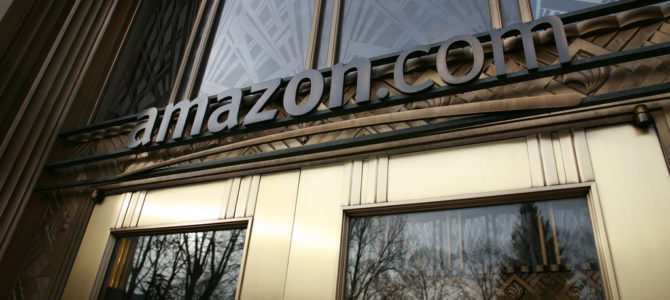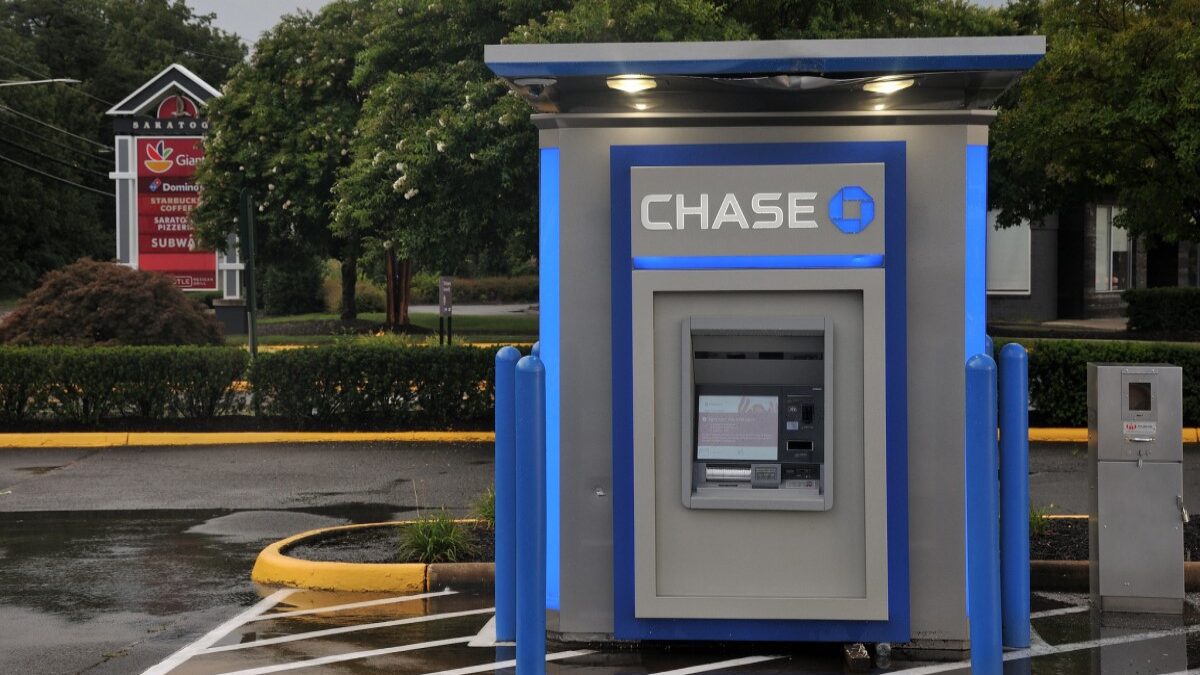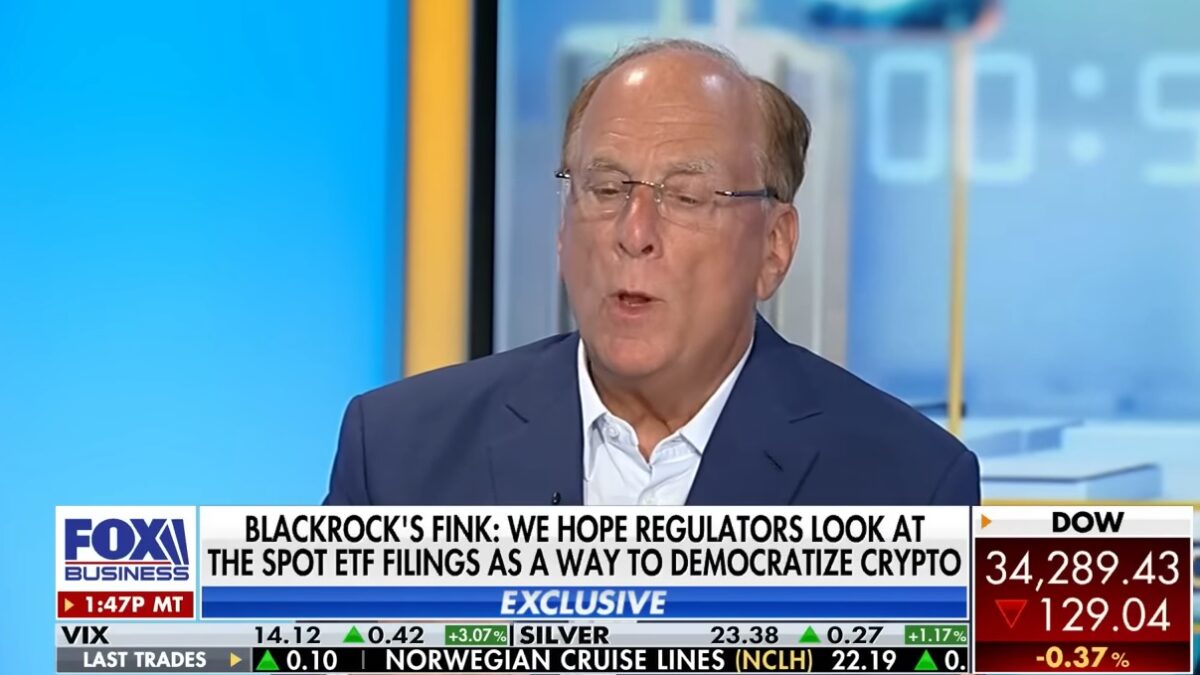People really want Amazon to get into cryptocurrency. Amazon-watchers have shivered with anticipation as the company bought web domains like amazonbitcoin.com, even though the site has never done more than redirect to Amazon’s main page. But a new wave of purchases has observers keyed up all over again. This time the acquired URLs are amazonethereum.com, amazoncryptocurrency.com, and amazoncryptocurrencies.com. What’s going on?
The easy answer is brand protection. Anyone who’s worked on a political campaign knows the virtue of over-hoarding web addresses that could be used in any conceivable way to tarnish, mock, or otherwise weaken the candidate and his or her public image. Amazon can certainly afford to collect as many potentially brand-diluting or revenue-reducing domains as seems reasonable. With cryptocurrency now penetrating the consciousness of ordinary people, now is a decent time as any to scoop up a few more destinations would-be customers might go.
The sexier answer is Amazon wants to be ready to jump with a moment’s notice into accepting Bitcoin, Ethereum, Dogecoin, you name it. Now that cryptocurrencies have made a pretty good claim to durability—even if their prices might fluctuate speculatively—the next big economic question is which institutions are going to muscle in first, if any.
Cryptocurrency Isn’t a Good Platform for Commerce
Wall Street is too divided on the wisdom of crypto. Sovereign wealth hasn’t shown enough interest. As far as we can tell, the financial powers that be are not going to transform the status and usefulness of Bitcoin and company anytime soon.
That leaves the playing field open for significant private entrants. Here you have your ideological benefactors, heavyweight speculators, bitcoin miners, and your international renegades, building up sudden, significant wealth they want to keep relatively free from global or national regulatory systems.
But there are limits to what cryptocurrency can do for the people poised to wield the most outsized control over it. Bitcoin, for instance, is a kludgy way to pay for most goods and services. It’s much better and more conveniently used as a place to park wealth (assuming those exchange rates stay high). It’s also a stupid way to try to participate in “off the grid” commerce. Thanks to the blockchain, you do not want to try paying for that suitcase full of heroin you bought on the dark web using Bitcoin.
So even though cryptocurrency is destined to remain an above-board commercial platform, it’s not a very good platform for commerce as currently structured. That means it’s not terribly attractive to a heavyweight company like Amazon that could freely wade into the status quo crypto space. So, again, what’s going on?
Or Maybe They’re Serious
Cryptocurrency being an inherently speculative topic, here’s one possible answer. Amazon does have a mild but clear interest in doing its due diligence in brand protection and locking down all those URLs. And it does have a potential interest in making a hard-to-top move into crypto, although not necessarily any of the available currencies.
Perhaps the wisest course of action is a sort of headfake against the expectations of the financial and media observers who’d enjoy such an interesting time to be alive if Amazon played to the stereotyped vision of our future and went all-in on crypto. What if the company instead just ramped up a product called, say, Primecoin? A proprietary cryptocurrency, backed by the full faith and credit of the company? Picture a cross between a debit card and a points program. Would you receive special prices, discounts, and offers for using Primecoin? Of course you would.
The announcement of something like Primecoin would risk touching off some kind of currency race among retailers. But only the very largest would be able to scale it up, and most would have little reason to bother.
Today’s economic structure only has room at the top for one massive participant, with one or two others carving out a niche. It’s competitive, then prohibitive, to participate. Think of how Spotify owns streaming audio, YouTube owns amateur streaming video, and Netflix owns professional streaming video.
We already know that not every big tech company should bother with its own pay app. Why should they bother with their own cryptocurrency? Amazon alone could do it, demonstrate its intuitive appeal, and make its dominance unassailable. Unless, that is, the U.S. government has other ideas.









